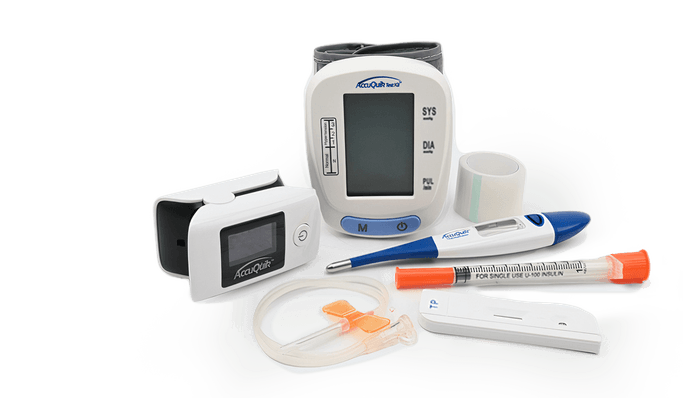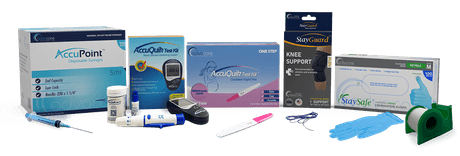What are Pediatric Instruments?
Pediatric instruments are medical devices designed for the examination, diagnosis, and treatment of infants, children, and adolescents. Pediatric equipment fills many purposes in hospital settings and is used by healthcare professionals such as pediatricians, pediatric nurses, and pediatric specialists.
The general purpose of pediatric equipment is to aid in the accurate evaluation, monitoring, and care of pediatric patients. Pediatric assessment tools are specifically designed to accommodate the anatomical and physiological differences found in children, ensuring safe and effective medical interventions.
Pediatric medical supplies are used in hospitals, clinics, pediatric offices, emergency departments, and pediatric specialty centers. They are utilized during routine check-ups, diagnostic procedures, treatment interventions, and surgical procedures specific to pediatric patients.
Pediatric medicine, with its unique requirements and challenges, necessitates specialized tools and equipment tailored for younger patients. The pediatric stethoscope is a vital tool for healthcare professionals, specially tailored to capture the more subtle heart and lung sounds in smaller patients, ensuring accurate diagnosis and monitoring.
Alongside this, instruments that open pediatric airways are crucial components in emergency and anesthetic settings, designed to fit the narrower air passages of children and ensure unobstructed breathing during procedures or respiratory distress. These pediatric equipment exemplify the importance of specialized equipment in pediatric care, ensuring that young patients receive the best possible care tailored to their unique needs.


